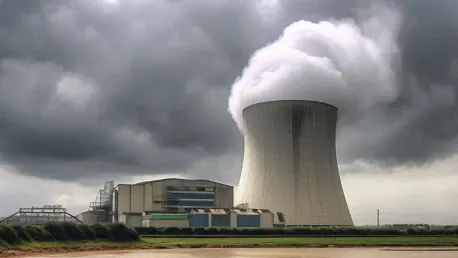
The rising interest in coal performance metrics has seen significant attention in recent years, primarily due to the shifting landscape of global energy needs and the impact of newer technologies. Improving the availability and operational efficiency of coal-fired power plants is crucial,

The catastrophic Fukushima nuclear disaster of 2011 changed the trajectory for Tokyo Electric Power Company (TEPCO) and posed a question crucial to its survival: Should it abandon nuclear power and pivot to renewable energy? The debate involves not just economics, but ethics, sustainability, and

The International Maritime Organization (IMO) has embarked on a comprehensive strategy to achieve climate neutrality in shipping, focusing on reducing greenhouse gas (GHG) emissions. Aiming to address the urgent global issue of climate change, the IMO is leading a transition towards sustainable

The tech industry's rapid expansion and the proliferation of artificial intelligence (AI) systems have created significant challenges in terms of energy consumption. Major companies such as Amazon, Google, Microsoft, Apple, and Tesla are at the forefront of technology but also face mounting

The global shift towards electric vehicles (EVs) is emblematic of a broader, persistent effort to combat climate change through sustainable practices. Central to this transition is the development of a robust and reliable EV charging infrastructure, a critical pillar supporting the mass adoption of

The U.S. Department of Energy’s (DOE) Office of Fossil Energy and Carbon Management (FECM) has recently announced an $8.8 million funding initiative for 11 university-based research and development projects aimed at improving the performance of hydrogen-fueled turbines. This substantial investment i